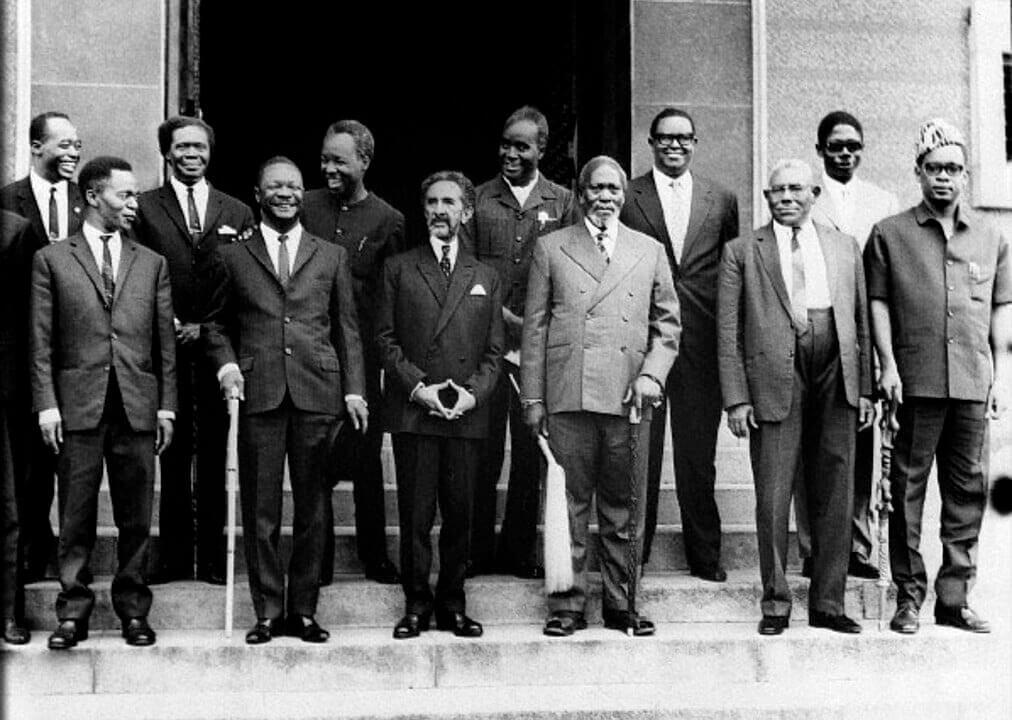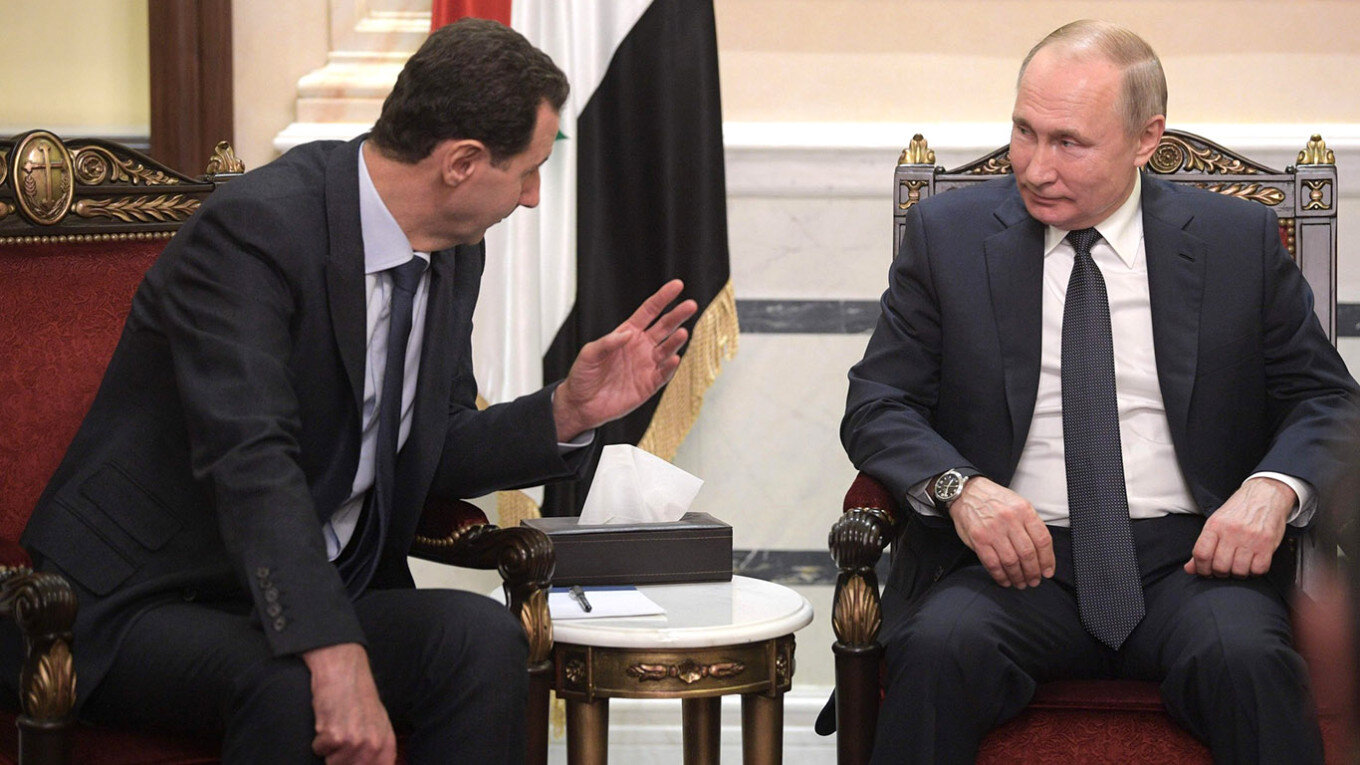 Purpose of the study & Methodology
Purpose of the study & Methodology
Since its adoption in 1994, the Constitution of Ethiopia has been a controversial document and it has been subjected to serious criticism both from within academic circles and from a wide range of political parties. The main criticism has been directed at, what we will call in this study, the “ethnic provisions” of the Constitution: the provisions that constitutionalize the recognition and institutional entrenchment of Ethiopia’s ethnic diversity. It is wellknown that Ethiopia’s population is highly diverse in terms of language, culture, socioeconomic activities, religious beliefs, and governance traditions, to mention some of the major diversity markers. The ethnic aspects of this diversity (mainly language and culture) have been approached by the Constitution as the prime aspects of Ethiopians’ identity that require accommodation. This approach has resulted in notable constitutional provisions such as the ones in the preamble that assume that all Ethiopians can be categorized as members of ethnic groups (“nations, nationalities, and peoples”, in the constitutional vernacular), such as Article 8 that grants sovereign and constituent power to these ethnic groups, and such as Article 39 that grants an unconditional right to self-determination –— Read the full Research Report………
\
https://amharic.zehabesha.com/archives/178955

















